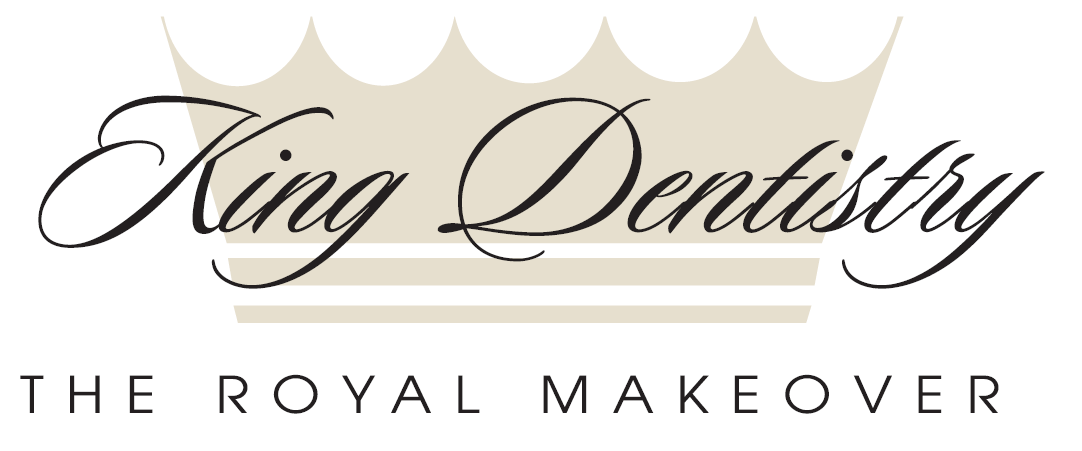



General dentistry includes preventing and treating issues like cavities, which are tiny holes that form on teeth surfaces that have been damaged by the acids made by oral bacteria. Also known as caries, these openings continuously expand until they are treated or cause a total loss of the teeth.
Tooth decay is the top reason that people seek dental care. It is a slow process, and it typically starts with a demineralization stage that can be reversed with fluoride treatments. If it goes untreated, it eventually leads to cavities, which eat into a tooth’s structures. Symptoms of cavities include:
- Increased sensitivity to hot and cold foods and beverages
- Sporadic toothaches
- Pain caused by bite pressure
- Visible holes forming on teeth
- Black or brown stains forming on teeth
General dentistry methods for diagnosing cavities
Tooth decay typically does not have any symptoms in its early stages, making it challenging to detect. Most people do not notice any decay until it starts causing symptoms like toothaches. General dentistry recommends getting biannual dental check-ups, which help with the early diagnosis of cavities.
The earlier that a cavity is detected, the cheaper it is to treat, and the patient ends up dealing with less discomfort. A few ways that a general dentist can diagnose tooth decay include:
- Visual examinations: Dentists often detect tooth decay when visually examining a patient’s mouth during a routine check-up; they look for signs of discoloration caused by tooth decay and visible holes on the patient’s teeth
- Probing: Dentists can also detect tooth decay by probing the teeth with their fingers or dental instruments; patients typically feel pain when a tooth with a cavity is touched
- X-rays: X-rays are also used to help diagnose cavities, as these enable dentists to evaluate the damage to a tooth’s internal structures
Treatment options
Treatments that a dentist might recommend to patients diagnosed with cavities include the following.
1. Fluoride treatments
Fluoride treatments can reverse the first stage of tooth decay. The treatment involves having the patient bite down on a mouth tray filled with a fluoride product.
2. Fillings
Fillings are the go-to treatment for cavities. The material closes up the hole created by a cavity, preventing the acids made by oral bacteria from expanding it further. Treatment with fillings typically involves removing decayed material from the tooth before sealing it. Silver amalgam fillings were the standard for almost a century, but composite fillings are more popular nowadays because they can be color matched with the rest of the patient’s teeth.
3. Root canal
Root canal therapy is usually recommended when decay compromises a tooth’s pulp chamber. The treatment involves removing the soft tissues in the pulp chamber and resealing the tooth.
Frequently asked questions about tooth decay
Here are answers to questions that patients might have regarding tooth decay and how dentists address it.
1. What is the best way to avert tooth decay?
The best way to prevent tooth decay is by practicing good oral hygiene. This means cleaning the teeth twice a day, flossing daily, and using mouthwash. Patients should also avoid sugary foods and drinks. Oral bacteria consume the sugars left in the mouth from such foods and beverages and convert them into acids that destroy teeth.
Many factors can promote tooth decay, such as diet, medications, and genetics. However, if a patient does not brush and floss regularly, they are more likely to develop cavities because plaque will accumulate on the teeth and turn into tartar.
2. Can tooth decay be reversed?
In certain cases, yes. If the decay is caught early enough, the dentist may be able to reverse it with a fluoride treatment. This gives teeth all the fluoride that they need to rebuild parts that have been demineralized by decay. However, if the decay has evolved to the point that it has caused a cavity, the patient will need a more serious procedure, such as a filling, crown, or root canal.
3. What are the symptoms of tooth decay?
Tooth decay typically leads to toothaches that intensify when hot or cold foods/beverages are consumed. It can also cause tooth sensitivity, which leads to pain when the teeth are exposed to hot, cold, acidic, or sweet things.
Tooth decay leads to visible holes in the teeth, called caries or cavities. If the decay is left unaddressed, it can eventually lead to an abscess, a pus-filled pocket that forms around the tooth.
We diagnose and treat cavities
Have you noticed cavities forming on your teeth? Get them addressed immediately. Call or stop by our Turlock clinic to explore general dentistry treatment options with our dentist.
Request an appointment here: https://www.kingdentistry.com or call King Dentistry at (209) 585-1474 for an appointment in our Turlock office.
Check out what others are saying about our dental services on Yelp: General Dentist in Turlock, CA.
Recent Posts
A general dentist can offer many services to preserve patients' oral health, and orthodontics for teeth straightening may be included in that list. Orthodontics, or the process of aligning teeth and fixing the bite, can have a greater purpose than just aesthetics.In addition to beautifying a patient's smile by aligning their teeth, a general dentist…
General dentistry practices that cater to children often focus on creating a relaxing, playful environment that helps kids of all ages learn to care for their teeth, gums, and oral health over their lifetimes. These dental providers understand the importance of establishing a positive relationship and forging healthy habits early to last a lifetime. Consider…
You might think that if you are diligent about brushing and flossing at home, you can visit a dentist's office less often. However, general dentistry professionals agree that regularly visiting a dentist is important for your dental and overall health, even with good oral hygiene. In addition, there are numerous reasons it is a good…
Your experienced general dentist can repair your cavities. Assessing your teeth will come first. Then, the dentist will discuss the treatment options with you. Knowing which option can help you the most can prepare you for the visit. Here are the details about the different cavity treatments that your general dentist can discuss with you.The…


